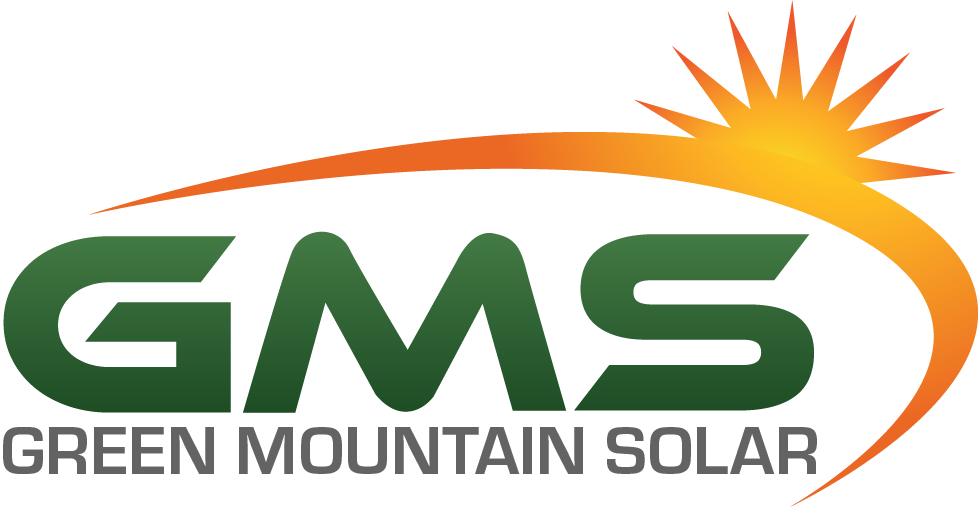Is it better to lease or buy solar in Vermont? We’re a solar company, so you can probably guess how we’re going to answer that question. But we pride ourselves in acting as your solar energy consultants, so we want to give you the information you need to make your own decision. Is a solar lease a good idea? You be the judge.
.png?width=1200&name=Blog%20post%20size%20(22).png) Free solar installation! Zero money down! Sound too good to be true? That’s because it probably is. These are the advertising claims often made by solar leasing programs. The problem is that it’s not the whole story. Here are the pitfalls of leasing to know about.
Free solar installation! Zero money down! Sound too good to be true? That’s because it probably is. These are the advertising claims often made by solar leasing programs. The problem is that it’s not the whole story. Here are the pitfalls of leasing to know about.
Solar Lease vs Loan
Leasing was started back when solar panels were so expensive almost no one could afford them. It was a decent idea back then, but it really doesn’t make sense anymore. Solar industry data shows that the cost of solar has fallen 70% in the last decade, to the point where it’s much more accessible to homeowners and you can look at this purchase as an investment.
The solar investment looks like this: Pay for solar now and you’re covering your electric bill over the life of your system. Our products are warrantied for 25 years, and many customers recoup their investment in an average of 12 years. That leaves you with more than a decade of free energy. (Plus, panels will continue to work after 25 years, they may just output less energy over time.)
Even if you take a loan, the math still makes sense. Our lending partner, VSECU, a division of New England Federal Credit Union, aims to keep payments around the same price as your average utility bill, so swap your electric bill for a loan payment. Customers often qualify for the 12-year term, so again, your energy is paid off for the future.
Solar Lease Rate Increases
A common reason people go solar in the first place is to insulate themselves from utility rate hikes—when you buy your system, you’re essentially locking in your electricity rate. But this isn’t the case when you lease.
Many lease terms include an annual rate increase. In fact, Consumer Reports spells it out this way: Say you have a solar lease term that charges 12 cents per kilowatt-hour. A 3% rate increase over 15 years gets you up to 18 cents per kWh—which may be more than what your utility would have charged you.
Solar Incentives
Another downside of leasing solar is that you can’t take advantage of the biggest solar incentive out there—the federal 30% investment tax credit. Instead, the leasing company takes that.
Leasing Solar Could Hurt Your Home Resale Value
It’s much more difficult to sell your home with leased solar—you may have to pay off your lease in order to sell your home, and this can be expensive. Or, you can try to sell your home and hope the new owners take over the lease, but many home buyers would rather own their panels rather than assume lease terms that (by the time you sell your home) may be antiquated.
On the flip side, if you own your solar, it can increase the value of your home (according to Zillow research).
Still on the fence? Want more info? Schedule a site visit with a solar advisor to talk through your options.
—Julia Westbrook
Read On!
How Does Net Metering Work in Vermont?

Leave a Comment